Invited Artists, Activists, and Scholars

Marika Alvarado, a Lipan Mescalero Apache, is a direct descendant of generations of Medicine Women: traditional native healers of body, midwives, and plant medicine. Her mother, grandmother, and aunt handed the medicine down to her. She lives in Leander, Texas, and she is the founder of the non-profit organization Of the Earth Healing Institute of Indigenous Cultures and Teachings.
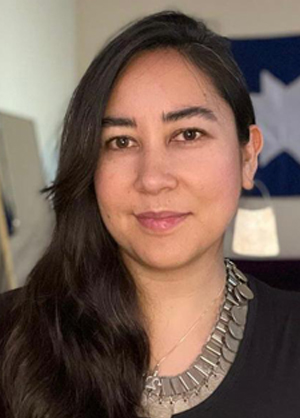
Catalina Alvarado-Cañuta is an academic of Mapuche origin and a Fulbright student currently pursuing a PhD in Medical Anthropology at the University of Connecticut. She began her specialization in the field as a master’s student at Centro de Investigaciones y Estudios Superiores en Antropología Social (CIESAS), Mexico, where she obtained her degree in Social Anthropology. Alvarado-Cañuta’s primary focus is on the process of pregnancy, childbirth care, colonial trauma, and the collective healing process of Indigenous peoples. She is currently working with a research group that utilizes participatory action methodologies to learn about Indigenous communities in Hartford, Connecticut.

Lukas Avendaño is a performer, anthropologist, and former member of the Sistema Nacional de Creadores de Arte en México (2021–2023). He focuses his work on “applied anthropology to staging,” “installation for the human body,” and methodologies that allow him to approach topics on which he centers his reflection and insubordination. In his work, he explores notions of sexuality, gender, and race intersecting with the “muxe” identity, describing “muxerismos” as “a total social fact,” protagonized by people born with “male” reproductive organs who, in the social, cultural, and affective sex roles they choose, differ from hegemonic masculinities within the context of Mexico.
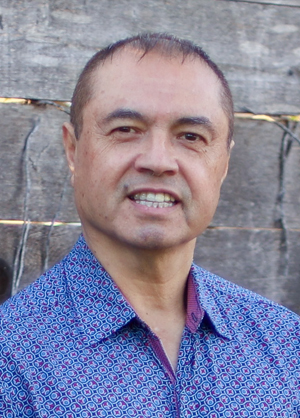
Luis E. Cárcamo-Huechante (conference organizer) is a person and scholar who belongs to the Mapuche People. He is currently the Director of the Program in Native American and Indigenous Studies (NAIS) and an Associate Professor of Spanish at The University of Texas at Austin. Between 2019 and 2022, he served as a member of the Council of the Native American and Indigenous Studies Association (NAISA). Professor Cárcamo-Huechante is a founding member of the Comunidad de Historia Mapuche, which is a collective of Mapuche researchers/activists based in southern Chile. In 2007, he published his first book, Tramas del mercado: imaginación económica, cultura pública y literatura en el Chile de fines del siglo veinte (Santiago: Editorial Cuarto Propio). He has just completed his second book, titled Indigenous Interferences: Acoustic Colonialism and Mapuche Response, which is now under contract with Duke University Press.
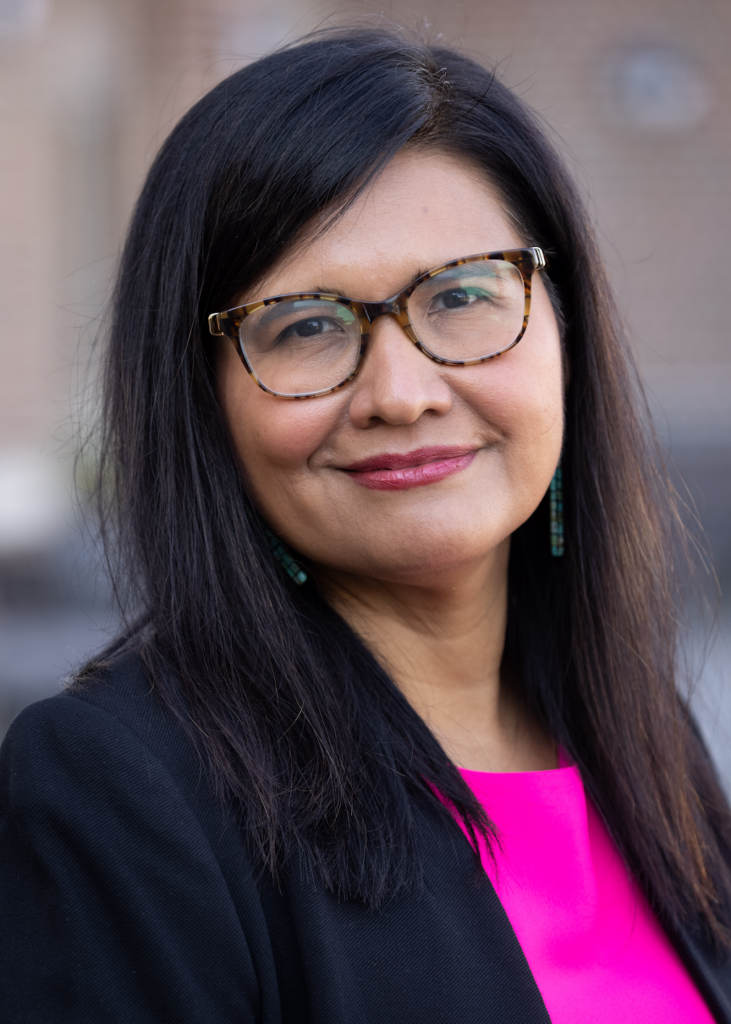
Bianet Castellanos is a Distinguished McKnight University Professor of American Studies and Director of the Institute for Advanced Study at the University of Minnesota. She earned a PhD in Anthropology from the University of Michigan. Her publications include Indigenous Dispossession: Housing and Maya Indebtedness in Mexico; A Return to Servitude: Maya Migration and the Tourist Trade in Cancún; and the anthologies Comparative Indigeneities of the Américas: Toward a Hemispheric Approach (co-edited with Lourdes Gutiérrez Nájera and Arturo Aldama), and Detours: Travel and the Ethics of Research in the Global South.

Ty Defoe is an indigiqueer citizen of the Anishinaabe and Oneida Nation and is a Grammy Award–winning interdisciplinary artist. Ty has earned fellowships from Robert Rauschenberg, MacDowell, Sundance, and Kennedy Center’s Next 50 as a sovereign story trickster. Ty creates work with rural communities, Broadway productions, art centers, in the metaverse, fostering relations for Indigenous and decolonial futures. Publications include the book Casting a Movement and pieces for Thorny Locust and Howl Round. Ty is co-founder of Indigenous Direction (with Larissa FastHorse), and a professor of practice at Arizona State University Department of English and The Center for Medieval and Renaissance Studies.
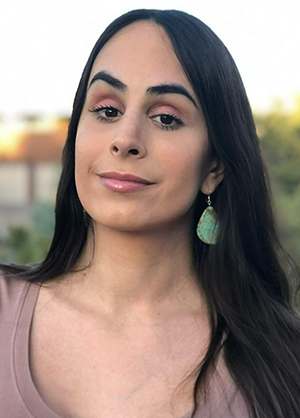
Isadora Dumont (threader/facilitator) is a doctoral student in media studies in the Department of Radio-Television-Film at the University of Texas at Austin. Her work explores questions of Indigeneity and gender. She received her BA and MA in film studies from the Université de Montréal, completing her MA jointly with the Université Sorbonne-Nouvelle (Paris III) and the Université Paris-Nanterre (Paris X). She is currently working on her dissertation, which focuses on Indigenous women media-makers in North America who find healing through their art and reclaim their Native conscience. Dumont is from the Wendat Nation in Wendake.
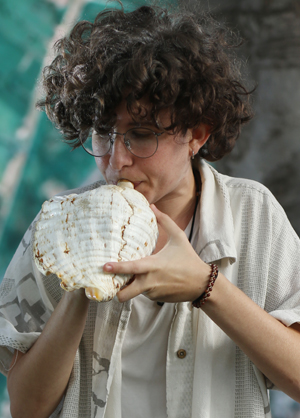
Vered Engelhard is a Peruvian artist and researcher whose practice unfolds from collaboration and resonance. They work the soundscape from performance with expanded field recording techniques and participatory sound designs toward poetic and socio-environmental justice. They write about Andean-Amazonian ancestral technologies, water stewardship, communitarian territorialities, and struggles for water and land. They have taught community workshops around recording and listening as well as undergraduate level classes at Columbia University, where they are a PhD candidate. Their musical project, Canto Villano, is guided by water (yakumama) as master, weaving sonorities that honor the ancestral territories, people, and their histories with stone percussion, song, and pututo.

Laura G. Gutiérrez (threader/facilitator) is Associate Professor in Latinx and Mexican Performance and Visual Studies in the Department of Mexican American and Latina/o Studies at the University of Texas at Austin. She also serves as chair of LLILAS’s Mexico Center and as Associate Dean for Community Engagement and Public Practice in the College of Fine Arts. Gutiérrez is currently completing a book manuscript titled “Binding Intimacies in Contemporary Queer Latinx Performance and Visual Art.” She is the author of Performing Mexicanidad: Vendidas y Cabareteras on the Transnational Stage. As co-artistic director of OUTsider (Austin, TX), Gutiérrez curates and programs the organization’s annual festival.

Montserrat Madariaga-Caro is Assistant Professor in the Department of Hispanic Studies at Vassar College. She earned a PhD in Iberian and Latin American Literatures and Cultures with a Graduate Portfolio in Native American and Indigenous Studies at The University of Texas at Austin (2022). Dr. Madariaga-Caro’s research focuses on the intersections of Indigenous Mapuche poetics, aesthetics, and micropolitics of land, life, and justice. Her current book project illuminates how the works of Indigenous Mapuche poets and artists invigorate land relations among humans and other ecological bodies and work against settler-colonialism, racial extractive capitalism, and compulsory cis-hetero socializations.

María José Pérez Sián (threader/facilitator) is a Guatemalan Tz’utujil woman. She holds a BA in Anthropology from the Universidad de San Carlos de Guatemala and a master’s degree in Social Sciences and Humanities from the Centro de Estudios Superiores de México y Centroamérica of the Universidad de Ciencias y Artes de Chiapas. She is currently a doctoral student in the Department of History at the University of Texas at Austin, where she is researching the criminalization of sexual dissidence in Guatemala based on the National Police Historical Archive. Her research has focused on the dynamics and effects of violence during the counter-subversive war in Guatemala, mainly against Mayan women. Since 2019, she has provided expert testimony in Guatemalan national courts in cases involving sexual violence, torture, and femicide.
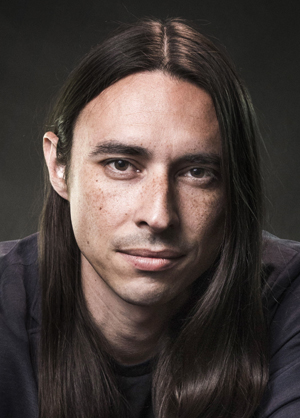
Joseph M. Pierce (Cherokee Nation citizen) is Associate Professor at Stony Brook University and author of Argentine Intimacies: Queer Kinship in an Age of Splendor, 1890–1910 (SUNY Press, 2019); co-editor of Políticas del amor: Derechos sexuales y escrituras disidentes en el Cono Sur (Cuarto Propio, 2018) and the 2021 special issue of GLQ, “Queer/Cuir Américas: Translation, Decoloniality, and the Incommensurable.” Along with S.J. Norman (Wiradjuri), he is co-curator of the performance series Knowledge of Wounds.
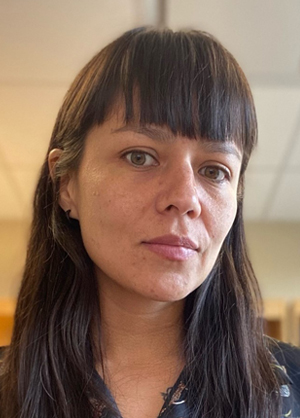
Olga Rodríguez-Ulloa is a chola cultural theorist focused on Indigeneity, Blackness, and trans feminism in the Americas. Her book manuscript “Sadistic Cholas: Sex and Violence in Contemporary Peru and Its Diaspora” examines popular and experimental music, visual arts, performance, literature, and grassroots organizing by people and colectivas who identify as chola (urban Indigenous), negra (Black women), travesti, trans, and queer feminists. For an autoethnographic and literary perspective of the book, see “Sadistic Chola Manifesto.” Her previous work, Punk. Las Américas Edition, explores punk aesthetics and politics.
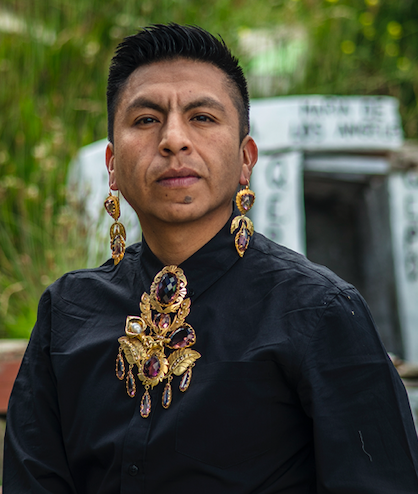
Edgar Soliz Guzmán is a radio producer, writer, and political activist from La Paz, Bolivia. He studied Literature at the Universidad Mayor de San Andrés, and has since researched LGBTQ+-themed narratives in Bolivian literature. Additionally, he researches ancestral sexualities and genders of the pre-Hispanic cultures of Indigenous communities in Bolivia. His current project is titled “Nación Marica Callejera: Disidente, Feminista e Indígena.” Guzmán is a member of the Maricas Bolivia Movement, where he politicizes maricas-machorras-travas and indias-indígenas-cholas identities. He defines himself as “pobre, cholo, and maricón.”

Manuel Gabriel Tzoc Bucup is a poet and self-taught visual artist of Maya K’iche’ descent who has perfected his craft through workshops, diplomas, and readings of contemporary art and literature. His work consists of metaphorizing social realities of intersectional identity through poetry and art. Consistent topics in his work include gender, identity, body, origin, memory, language, sexual dissidence, and all possible hybridizations. Bucup’s literary work has appeared in magazines and literary anthologies throughout Latin America, in Spanish, English, Tsotsil, French, and K’iche’. He has been featured in national and international poetry festivals and art exhibitions.
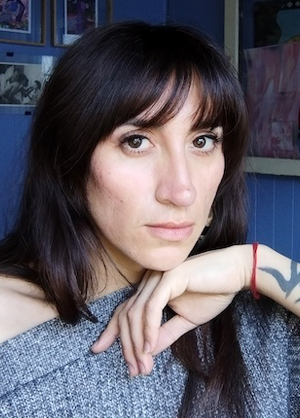
Kütral Vargas Huaiquimilla is a writer, visual artist, performer, curator, and the Production and Communications Manager at Galería Barrios Bajos in Valdivia, Chile. She is a Mapuche Williche artist who works to create a contemporary approach to Mapuche culture. Her art and research interests concern the cross-section between pop culture and mass production, thereby offering an aesthetic and political proposal. Huaiquimilla is the author of the books Factory (2016) and La edad de los árboles (2017). She is the winner of the 2017 Arts and Culture Award for the Los Lagos region and recipient of literary creation grants from the Ministry of Culture, Arts, and Heritage.

Enzo E. Vasquez Toral (conference organizer) is an Assistant Professor of Performance as Public Practice in the Department of Theatre and Dance at UT Austin whose works lies at the intersection of Indigenous Studies, performance studies, and gender and sexuality studies. His first book project, Folkloric Queens: Performance, Queerness, and Indigeneity in the Andes, investigates how queer and trans theater, dance, and drag artists have rethought normative notions of Andean folklore through performance in the 21st century. As a theorist, practitioner, and performance ethnographer, he engages with a transdisciplinary and decolonizing approach to research that centers performance as a site of alternative worldmaking. At UT, he is an associate faculty and executive committee member at LLILAS and affiliate faculty in the Native American and Indigenous Studies Program, the LGBT Studies Program, and the Department of Spanish and Portuguese.


